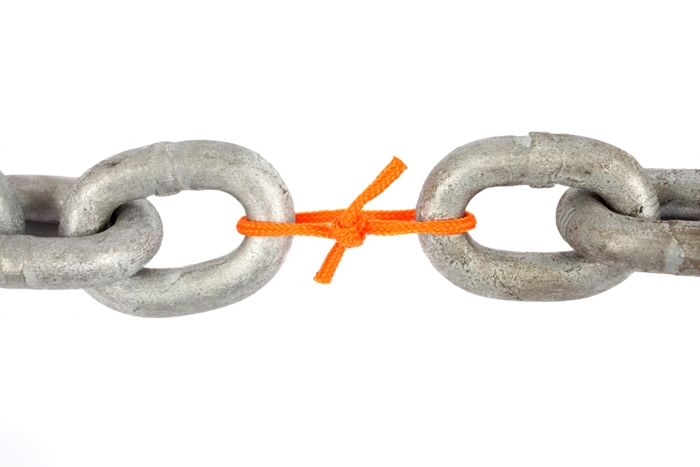
What do corporate phone systems have in common with a football team? For one, they're both reliant on members working together towards a common goal. And while you won't necessarily see fans cheering over spreadsheets and call logs, there exist some similarities between the two you may not have considered. They're both reliant on the strength of weak links.
Have you read "The Numbers Game" by Chris Anderson and David Sally? It's an excellent read. Without going into too much detail, the essence of the book is that a soccer team can statistically boost its performance not by improving its best player (which clubs around the world are obsessed with doing), but by improving its weaker ones.
A game of weak links
While the likes of Lionel Messi and Cristiano Ronaldo might be able to work magic with their feet and pull off an impossible goal, they would have never been in the position to make that miracle shot if it wasn't for the person who passed them the ball, and the person to pass that other person the ball and so on and so forth.
 To score the winning goal, each pass beforehand must be perfect.
To score the winning goal, each pass beforehand must be perfect.The Sport Journal published a study of the 2012 World Cup that supports the idea that the passes leading up to the goal is a deciding factor in whether or not it is actually scored. Very rarely in soccer do players dribble the ball all the way across the field and deliver it to the back of the net on their own. Soccer is a team sport, and if any of the several players passing the ball in the seconds before Messi scores makes a mistake, the ball never makes it to his boot. Messi's good, but he can't make the ball magically appear in front of him.
The strength of the team depends on the ability of the weakest player.
"The Numbers Game" calls this a weak-link game - the overall strength of the team depends on the ability of the worst player. The team might have stellar individuals in other areas, but no one single person is responsible for victory. Instead, by improving the performance of the weakest link you improve the outcome for the whole team - statistically speaking.
Communication for business is the same. Whether trying to convert a difficult client, or struggling to keep one that's on the rocks, the Queensland government stresses how crucial effective communication is for sealing deals and capitalising on opportunities. The Australian Institute of Business agrees. If a key piece of information or even a phone call is dropped or overlooked, it could spell the difference between retaining that client or losing them.
Businesses can take advantage of weak links
When working across multiple locations and multiple platforms, the need for unified communications becomes more crucial. An integrated system like Fonality's Heads Up Display (HUD) lets you see who's online and available, allowing coordination to happen seamlessly. From tracking calls, to forwarding to the right person, to making sure all this information is stored in a secure location, improving each of these links adds up to a strong system.
 Connecting team members is a great way to ensure effective communication.
Connecting team members is a great way to ensure effective communication.Interestingly, in the world of football at least, investing in improving weaker players is a cheaper strategy than recruiting the cream of the crop. Likewise, improving your company's phone system does not have to require significant investment. Fonality is an affordable was to unify your communications in one secure location, offering flexible solutions for SMEs. From mobile device integration and call tracking to video collaboration, find out how Fonality can strengthen your weak links and boost the productivity of your company. Get in touch today.


